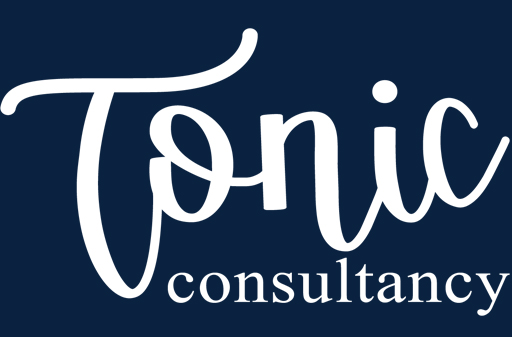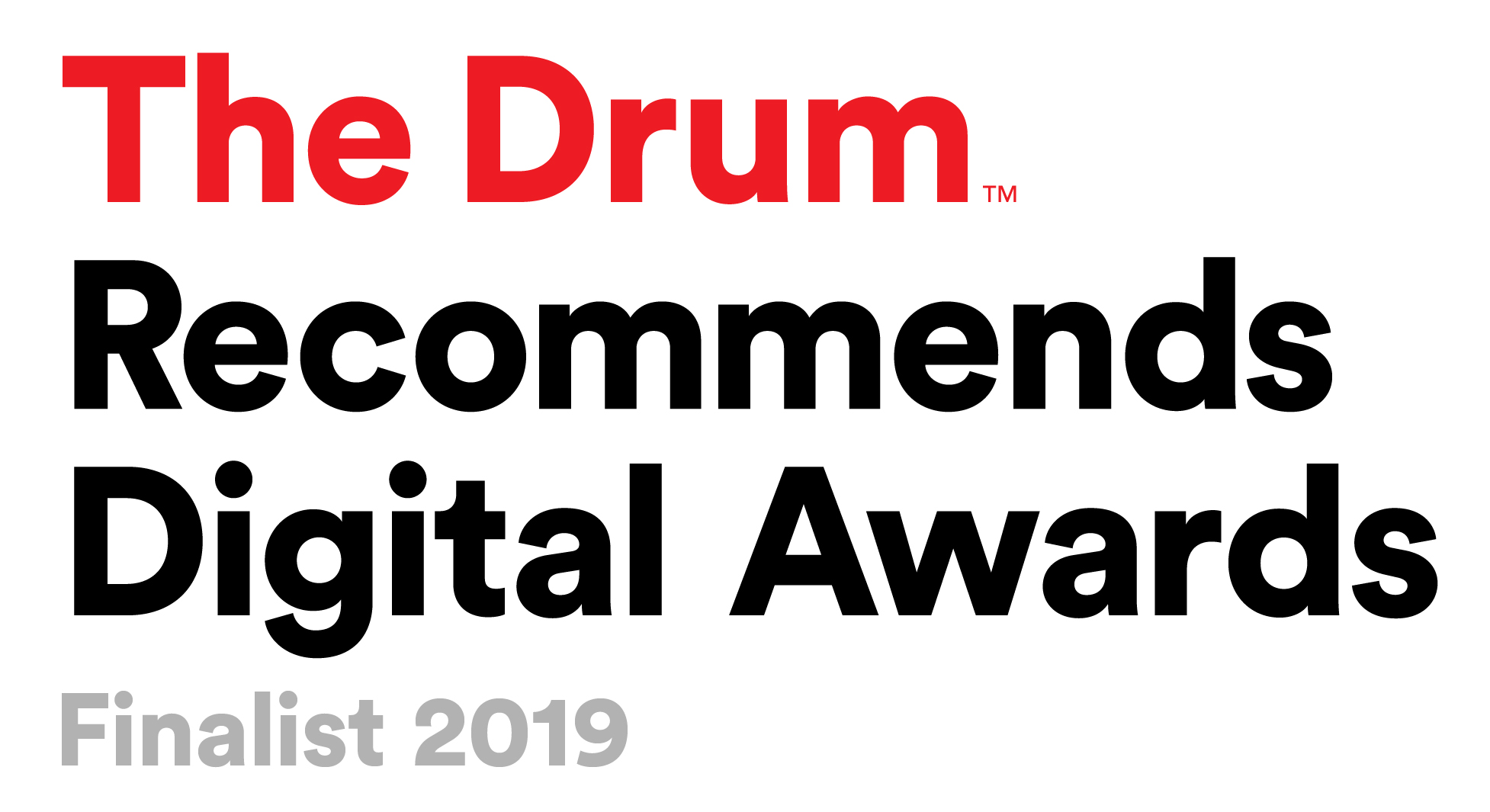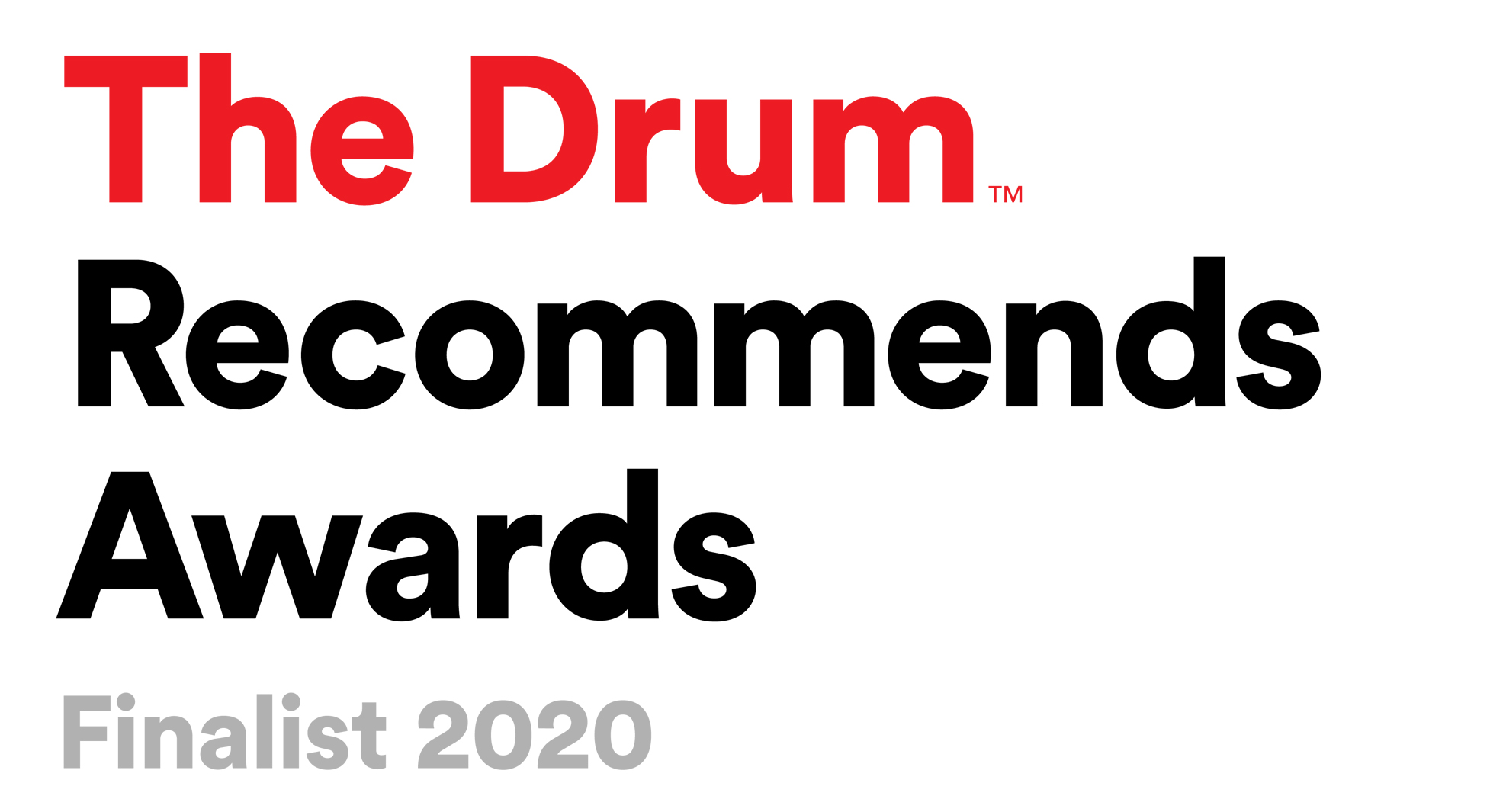What is Content Marketing?
In recent years, you may have heard more and more people talking about Content Marketing, and how it has become a game-changer for marketing for businesses.
But what exactly is content marketing, and how is it different from other tried and tested marketing methods? Let’s have a look at both what content marketing is, and what it isn’t, and how you can leverage it for your business.
What are the benefits of content marketing?
First, let’s have a look at how content marketing can benefit your business.
Attract a new audience and grow your website traffic – helping potential customers find your brand can be a big challenge, but content marketing can help you become more discoverable to search engines, and help attract attention on social media
Create value for your audience – Content provided to your audience is not only useful, it can provide a message to the right people at a time when they need it most, which will make you an authority on that subject and create value for your audience.
Engage with your audience – Content that your audience finds relevant and useful will likely be shared with their friends and followers, and help develop further interactions such as comments and reactions.
Generate positive brand perception – Increased engagement with your content will help boost the awareness and perception of your brand, and people are more likely to make business with a brand they know than one they don’t.
Educate the market about your products and services – People are likely unaware they have a problem that can be solved by your product or service, and content marketing can help show them that such a solution exists and how it works.
Generate new leads – Visitors to your blog may be encouraged to leave some information about themselves, such as an email address, which can be a potential lead. The more you invest in content marketing, the more likely you will generate potential leads, and increase the chances to sell.
Increase the customer’s lifetime value – The lifetime value is the total value spent by your customer on your business. The more they buy and the longer they remain a customer, the bigger their lifetime value. By providing relevant and useful content, you can encourage a customer to remain a loyal customer for longer.
Content marketing is not a strategy
There are two main aspects of content marketing: To provide valuable content, and to persuade your audience to take a certain course of action, determined in advance by the marketer. Of course, there are various ways of measuring whether the content is ‘valuable’, and actions could range from signing up for an email subscription to buying a product or service, or much more.
But content marketing is not in itself a viable strategy. It would impossible to produce effective content marketing without first having a marketing strategy in place. You should only be producing content that is relevant to your business, that will interest your audience, and that you can write about from a position of experience and authority.
This means you need to know what your brand is, its values, who your audience is and what they want. Content marketing is used to further your marketing and business objectives, and is not a strategy.
How does content marketing fit in?
Content marketing is an essential component of any business’s marketing efforts, as it is key to maintaining contact with the target audience and generating the right results.
It is typically a set of multi-platform techniques that encompasses blogs, email, social media, and video, and is a key component of digital marketing.
How content marketing is used will vary from business to business. If your company has a focus on B2B, then some social media, for example, Facebook or Instagram, may not be suitable. But for other businesses, it might be where they can find their audience.
There will always be some platforms and channels that are right, and some that are not.
You will also need to consider your objectives. Are you trying to grow your audience, or use your existing audience better? In either case, content marketing can provide the solution, but how it is applied will differ.
Content marketing can make it possible to create an immersive environment in which potential customers can learn all about your brand, its values, your products, your services and how they will help solve their problems.
It can also create a similar environment where you can build your reputation and engage with your existing audience.
While it might not always be the case, content marketing is best suited to the ‘inbound’ approach.
What is content marketing for?
Content marketing is for more than increasing your SEO rankings, attracting new customers, or boosting your conversion rates, it’s also about developing a lasting relationship with an audience who will consume and look forward to your content.
It can be used for a variety of purposes, depending on what would be best for your company and your business objectives, such as building initial awareness and augmenting your brand’s reputation, or for more specific objectives such as driving and growing traffic to your website. What sets content marketing apart from other forms of communication is that it is generally longer- term, multi-channel, and involves two-way communication. It can encourage the reader to submit their contact details, sign up for something, or become more engaged with your brand regularly.
What is it not for?
Content marketing should not be used for sales messages, and it’s important to avoid blogging about special offers and such, as this can destroy the trust you have been fostering with your audience.
It isn’t necessarily about selling content. Most content will be free, while some may be for subscribers only, and some might be paid for. It’s important to know when to utilise each type and how to monetise it if you decide to do so, which will depend on your business model and your current situation in terms of brand awareness and engagement.
It’s not really about SEO and keywords. There is a lot of value in having SEO-friendly digital content, but it’s important to avoid pushing the boundaries. One of the key parts of content marketing is building trust, and you cannot write for robots and expect humans to be excited about it.
Never underestimate your audience, they will know when an article or web page is there simply to game the system.
It’s not for converting every single lead. It might be debated that each sign-up you achieve through your content is a potential lead, and while it is true that they have shown they are interested in your content, it does not necessarily mean they are interested in your other services or products.
If you start trying to close each contact immediately, then your inbound marketing approach becomes outbound, and once again, can erode the trust you have been developing.
Where to start with content marketing?
If you’re looking to develop a well-planned and considered content marketing programme for your business, then talk to the team at Tonic today!



